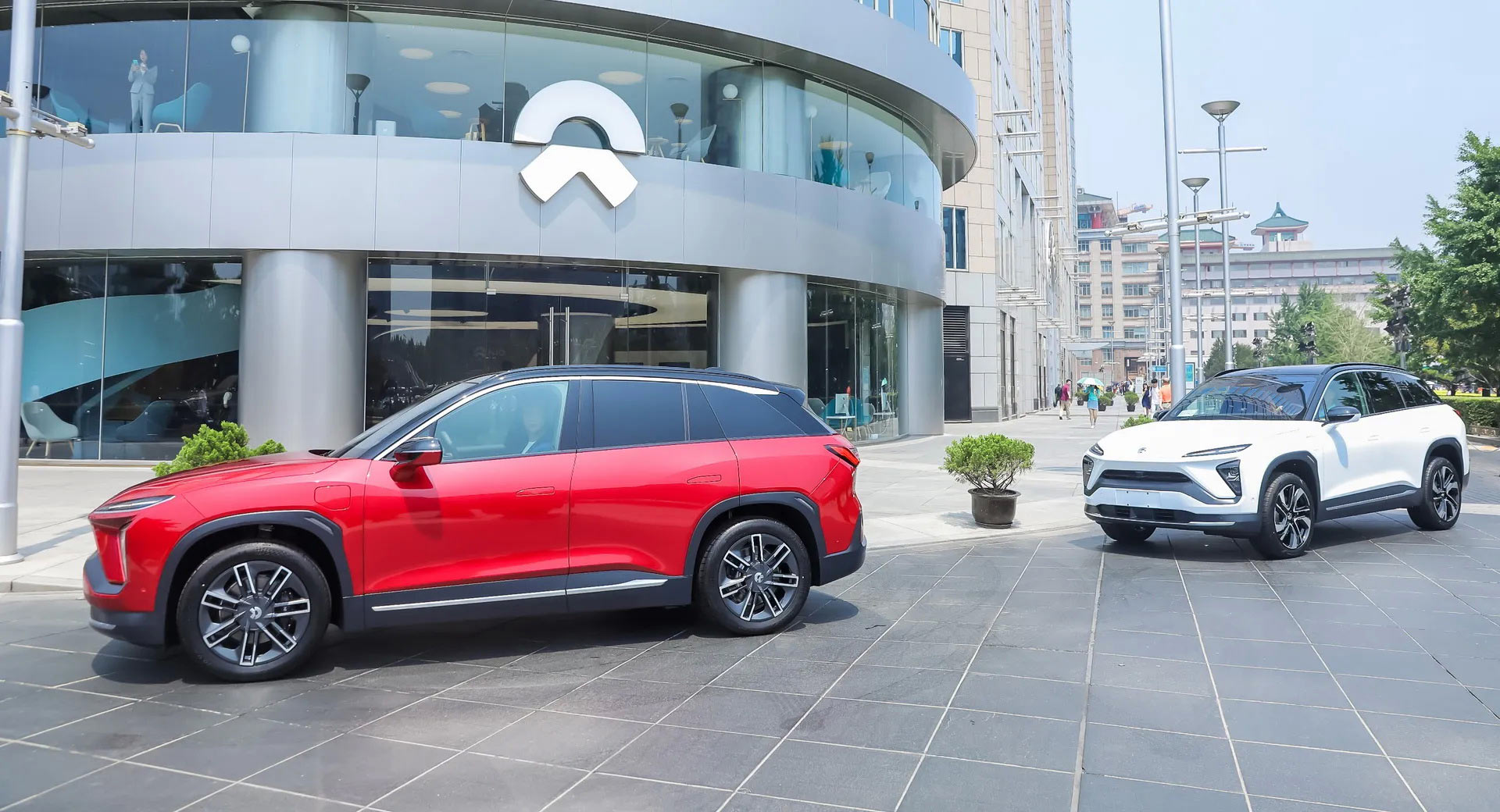China could extend subsidies for electric vehicles as it sells new cars and slows the economy as a whole.
The country’s long-running EV subsidies expire this year, but those familiar with the matter say government agencies, including the Ministry of Information and Industrial Technology, are considering extending the subsidies until 2023.
Information on possible extensions is limited, so it is still unknown how generous they will be and which vehicles will fit them. One possible measure on the cards would be for the government to reduce the planned 10 percent purchase tax for qualified fully electric and electrified vehicles to 5 percent.
Also read: This electric truck comes from a Chinese company that makes cranes and excavators
China had originally planned to phase out the EV subsidy scheme by the end of 2020, but it was extended due to the COVID-19 pandemic. Reuters New Energy Vehicles buyers in China have received more than 100 billion yuan ($ 14.8 billion) in subsidies since 2009.
According to the China Automobile Manufacturers Association (CAAM), sales of new energy vehicles rose 45 percent to 299,000 in April from a year earlier, but growth slowed in March due to COVID in many Chinese cities. -19 locks until April. Last month, total sales in China fell by almost 48% since April 2021, prompting CAAM to urge the government to consider providing additional assistance to the industry.
In addition to maintaining existing EV subsidies longer than originally planned, it is understood that China may introduce subsidies to encourage rural buyers to purchase NEVs by paying up to 5,000 yuan (US $ 740).







